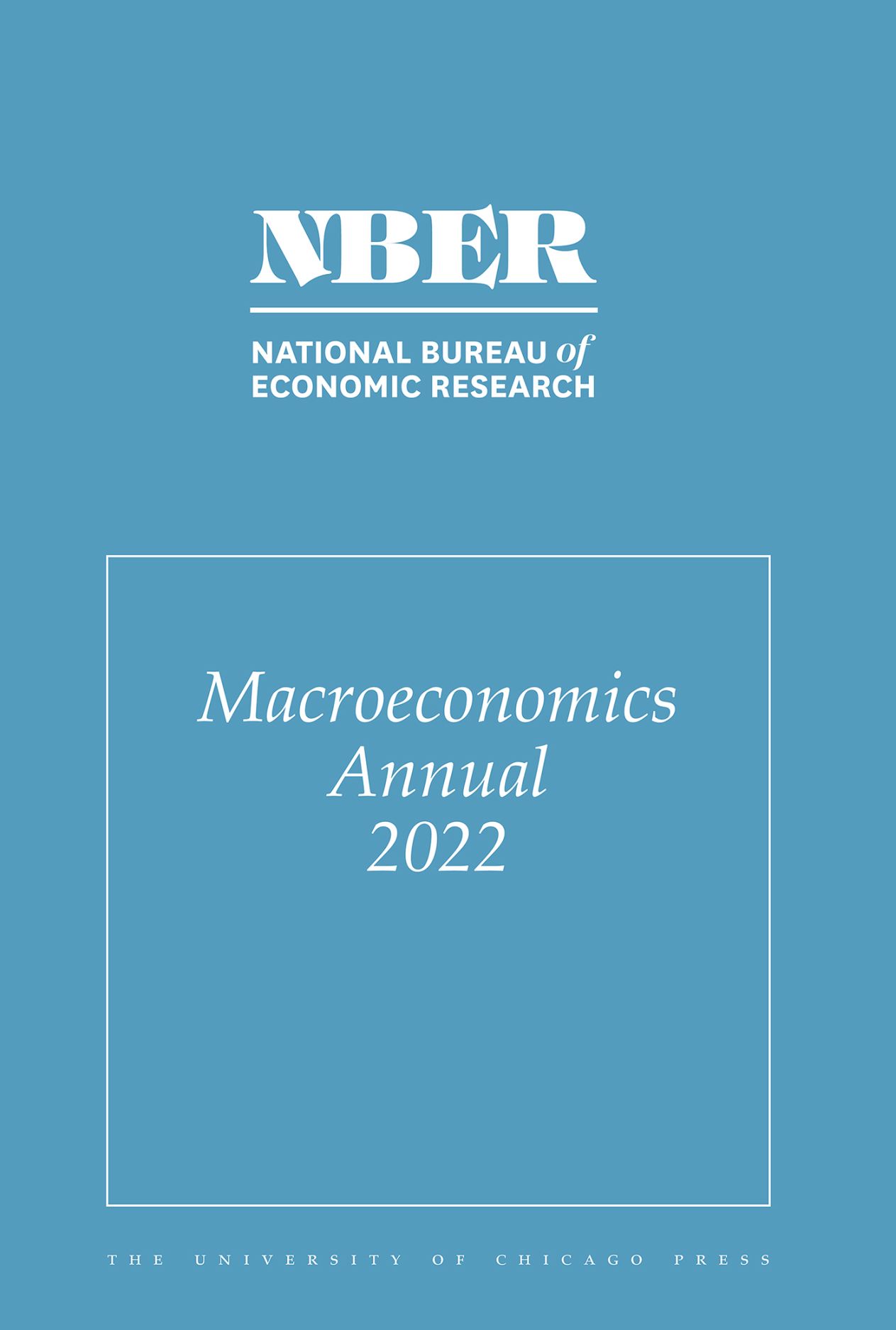搜索均衡中的顽固信念
IF 10.7
1区 经济学
Q1 ECONOMICS
引用次数: 3
摘要
我研究了一个劳动力市场的搜索均衡模型,在该模型中,工人对他们的劳动力市场前景有着顽固的信念,即对他们找到工作的概率(cid:133)和他们将获得的工资的信念,这些信念对基本面上的总(cid:135)波动没有反应。我表明,当工人有顽固的信念时,(cid:133)rm和工人讨价还价的工资对总体冲击的反应会减弱。因此,劳动力市场紧缩、就业(cid:133)概率、失业率和职位空缺对总(cid:135)产出的反应是扩大的。我表明,顽固的信念会在劳动力市场中产生周期性的不确定性,这种不确定性可以通过反周期的就业补贴来纠正。我(cid:133)认为,即使只有一小部分工人有顽固的信念,劳动力市场对负面冲击的反应也是一样的。相比之下,如果有顽固信念的工人比例很小,那么劳动力市场对积极冲击的反应与理性预期下的反应大致相同。本文章由计算机程序翻译,如有差异,请以英文原文为准。
Stubborn Beliefs in Search Equilibrium
I study a search equilibrium model of the labor market in which workers have stubborn beliefs about their labor market prospects, i.e. beliefs about their probability of (cid:133)nding a job and the wage they will earn that do not respond to aggregate (cid:135)uctuations in fundamentals. I show that, when workers have stubborn beliefs, the response of the wage bargained by a (cid:133)rm and a worker to aggregate shocks is dampened. As a result, the response of labor market tightness, job-(cid:133)nding probability, unemployment and vacancies to aggregate (cid:135)uctuations is ampli(cid:133)ed. I show that stubborn beliefs generate cyclical ine¢ ciencies in the labor market that can be corrected with countercyclical employment subsidies. I (cid:133)nd that the response of the labor market to negative shocks is the same even if only a small fraction of workers has stubborn beliefs. In contrast, if the fraction of workers with stubborn beliefs is small, the response of the labor market to positive shocks is approximately the same as under rational expectations.
求助全文
通过发布文献求助,成功后即可免费获取论文全文。
去求助
来源期刊

Nber Macroeconomics Annual
ECONOMICS-
CiteScore
5.10
自引率
0.00%
发文量
23
期刊介绍:
The Nber Macroeconomics Annual provides a forum for important debates in contemporary macroeconomics and major developments in the theory of macroeconomic analysis and policy that include leading economists from a variety of fields.
 求助内容:
求助内容: 应助结果提醒方式:
应助结果提醒方式:


